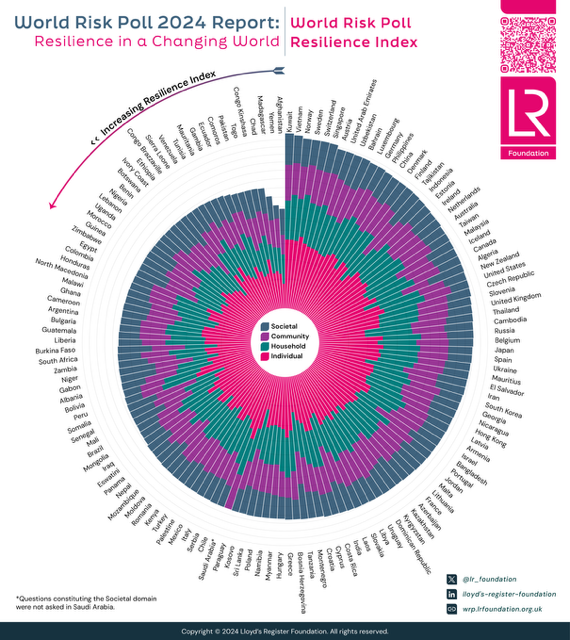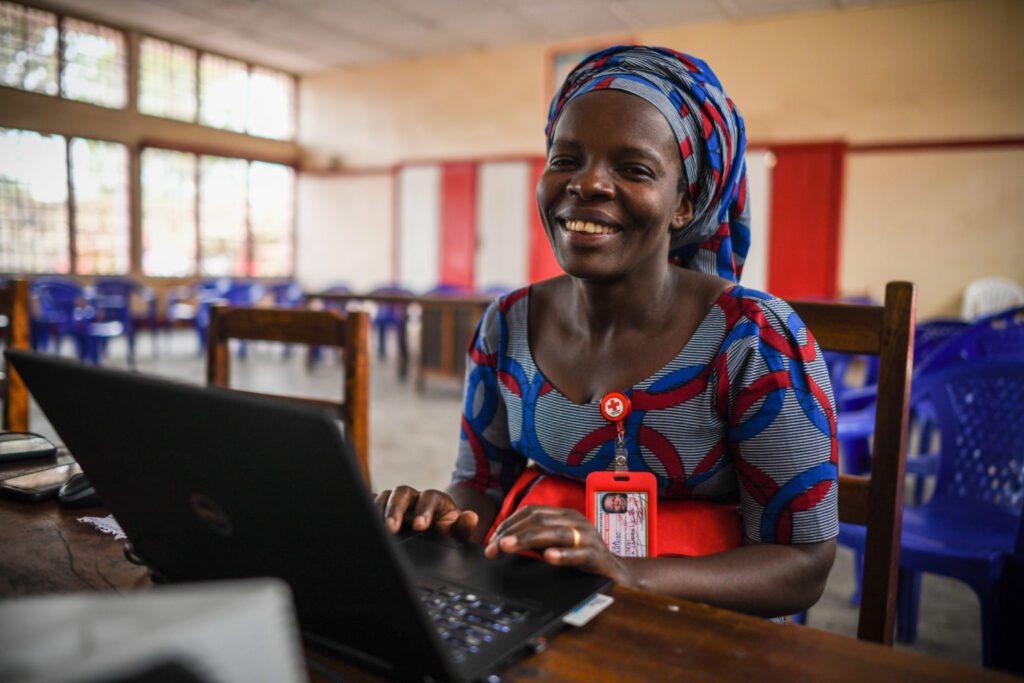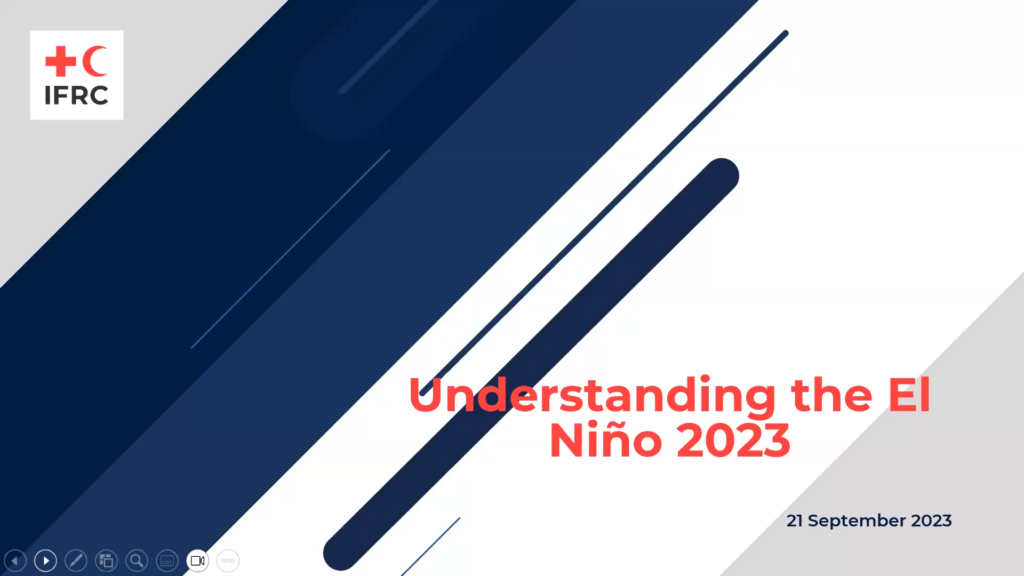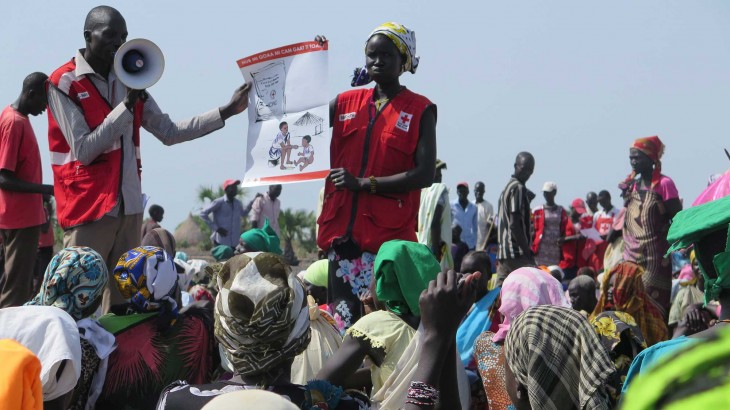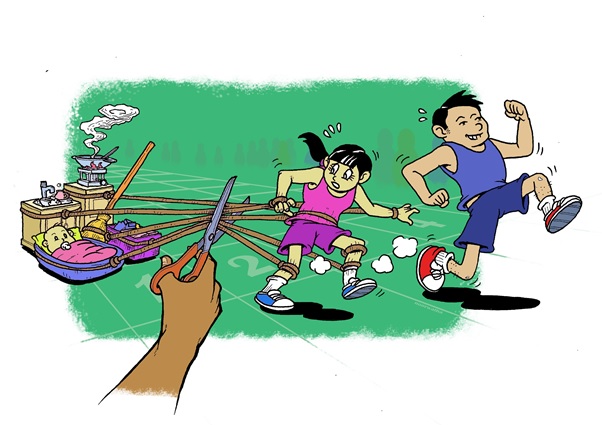World Risk Poll 2024 Report: Resilience in a Changing World
This is the release of the second edition of the Lloyd’s Register Foundation World Risk Poll Resilience Index. This resource offers deep insights into the resilience and vulnerabilities of countries and communities globally, especially regarding climate change-related disasters and other shocks. The DARAJA service and partnership contributed to this report, which highlights crucial findings for […]
World Risk Poll 2024 Report: Resilience in a Changing World Read More »

